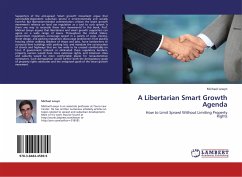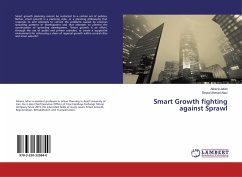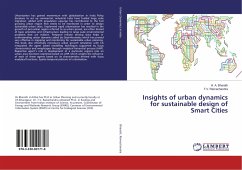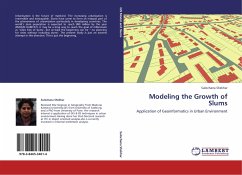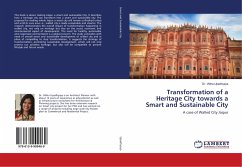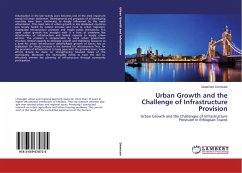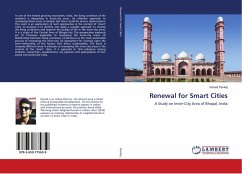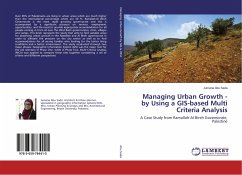Supporters of the anti-sprawl "smart growth" movement argue that automobile-dependent suburban sprawl is environmentally and socially harmful. But libertarian-minded commentators criticize the smart growth movement's reliance on land use regulation as a tool to curb sprawl. Is there any way to reconcile these two movements? In this book, Prof. Michael Lewyn argues that libertarians and smart growth supporters can agree on a wide range of issues. Throughout the United States, government regulations encourage sprawl in a variety of ways. Zoning, street design, and parking regulations discourage landowners from placing housing within walking distance of shops and jobs, force landowners to surround their buildings with parking lots, and mandate the construction of streets and highways that are too wide to be crossed comfortably on foot. If government reduced or eliminated these regulatory burdens, property owners would have more extensive rights, and American cities and suburbs wouldbe more comfortable places for nonautomotive commuters. Such deregulation would further both the deregulatory goals of property rights advocates and the antisprawl goals of the smart growth movement.
Bitte wählen Sie Ihr Anliegen aus.
Rechnungen
Retourenschein anfordern
Bestellstatus
Storno

